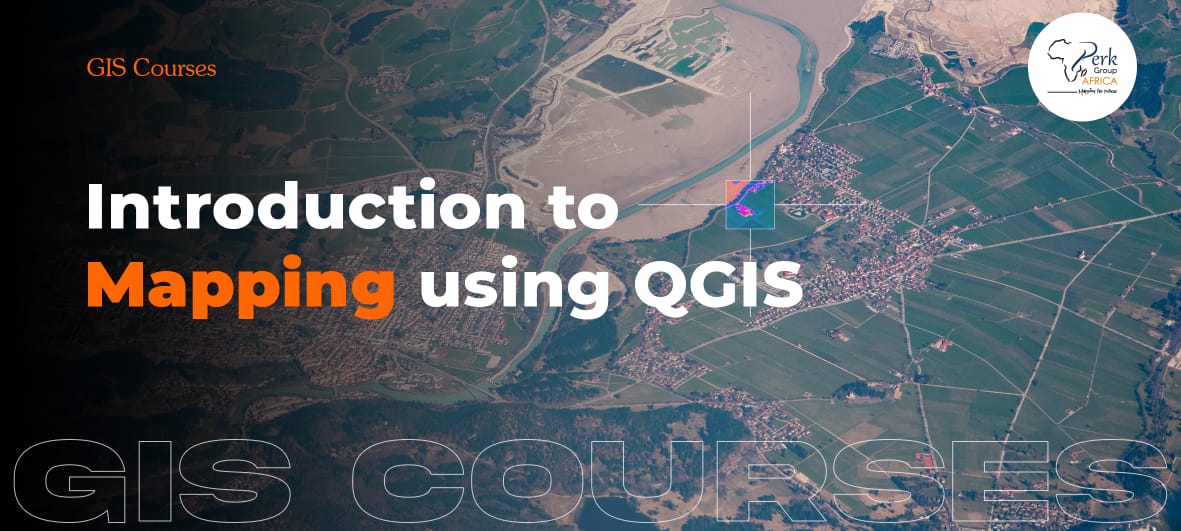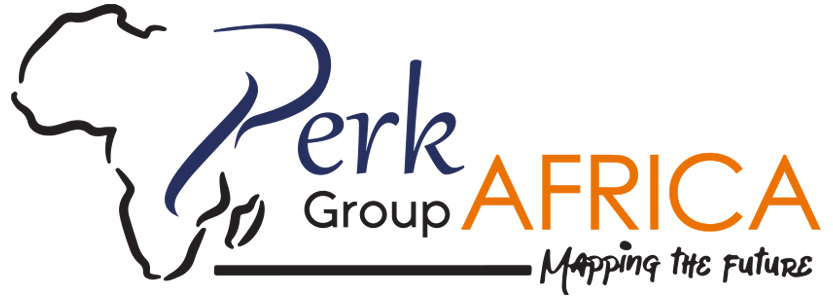
Training Course on Introduction to Mapping using QGIS
Course Overview
The Introduction to Mapping using QGIS course offers a brief yet comprehensive exploration of the fundamental principles and practical skills required for creating maps and conducting spatial analysis using the QGIS software. The participants will be equipped with the knowledge and tools to effectively visualize and analyze geospatial data, empowering them to make informed decisions and solve spatial problems.
Through hands-on exercises, real-world examples, and step-by-step guidance, participants will gain a solid understanding of the QGIS interface, basic mapping concepts, and key geospatial techniques. Participants will learn how to import, manage, and manipulate geographic data, create compelling maps, and perform basic spatial analysis tasks.
Course Objectives
- Develop a foundational understanding of Geographic Information Systems (GIS) and spatial data.
- Learn to navigate and utilize key tools within the QGIS interface.
- Acquire skills in creating, importing, and editing vector and raster spatial data.
- Perform basic spatial analysis techniques such as buffering, overlays, and queries.
- Design and export professional-quality maps for reports and presentations.
- Apply QGIS tools to real-world mapping and spatial data challenges.
Course Duration: 5 days
Course Outline
Module 1: Introduction to GIS and QGIS
- Understanding the basics of Geographic Information Systems (GIS)
- Introduction to QGIS software and its capabilities
- Navigating the QGIS interface and tools
- Importing and managing geospatial data in QGIS
Module 2: Data Visualization and Styling
- Creating compelling maps with QGIS
- Applying symbology and styling techniques
- Working with different types of spatial data (points, lines, polygons)
- Labeling and annotation for map readability
Module 3: Spatial Analysis Techniques
- Performing basic spatial analysis operations in QGIS
- Conducting spatial queries and selections
- Buffering and overlay analysis
- Calculating distance, area, and other geometric properties
Module 4: Data Integration and Geoprocessing
- Joining and relating attribute data in QGIS
- Geoprocessing operations for data transformation and analysis
- Spatial interpolation techniques
- Creating derived datasets and generating new variables
Module 5: Map Layout and Printing
- Designing and customizing map layouts in QGIS
- Adding map elements (legends, scale bars, north arrows)
- Exporting and printing high-quality maps
- Georeferencing scanned maps and images
Note: This outline provides a general structure for a 5-day training program on Introduction to mapping using QGIS. The specific content, activities, and duration of each session may be adjusted based on the target audience, learning objectives, and available time.
Classroom Training Schedule
| Start Date | End Date | Location | Cost | Apply |
|---|---|---|---|---|
| Jun 23, 2025 | Jun 27, 2025 | Nairobi | $ 1050 | Register |
| Jul 28, 2025 | Aug 01, 2025 | Nairobi | $ 1050 | Register |
| Sep 01, 2025 | Sep 05, 2025 | Nairobi | $ 1050 | Register |
| Oct 06, 2025 | Oct 10, 2025 | Nairobi | $ 1050 | Register |
| Nov 10, 2025 | Nov 14, 2025 | Nairobi | $ 1050 | Register |
| Dec 15, 2025 | Dec 19, 2025 | Nairobi | $ 1050 | Register |
Virtual Training Schedule
| Start Date | End Date | Location | Cost | Apply | |||
|---|---|---|---|---|---|---|---|
| Jun 09, 2025 | Jun 13, 2025 | Online | $ 400 | Register | |||
| Jul 14, 2025 | Jul 18, 2025 | Online | $ 400 | Register | |||
| Aug 18, 2025 | Aug 22, 2025 | Online | $ 400 | Register | |||
| Sep 22, 2025 | Sep 26, 2025 | Online | $ 400 | Register | |||
| Oct 27, 2025 | Oct 31, 2025 | Online | $ 400 | Register | |||
| Dec 01, 2025 | Dec 05, 2025 | Online | $ 400 | Register |
Course Language
This Training course is offered in ENGLISH . Please indicate the language of choice during registration.
Course Delivery
Presentations are well guided, practical exercise, a plenary presentation, and group work. Participants are encouraged to bring any data relevant to their job responsibilities. This is hands-on, product-oriented training and will mostly involve practical exercises. Each participant MUST bring along their own working laptop and android phone.
Certification
Upon completion of training, the participant will be issued with a certificate of Completion.
Tailor-Made Course
3 months post-training support, consultation, and coaching is a guarantee from us and will be available after the course.We can also do this as a tailor-made course to meet organization-wide needs. Contact us to find out more: training@perk-gafrica.com.
